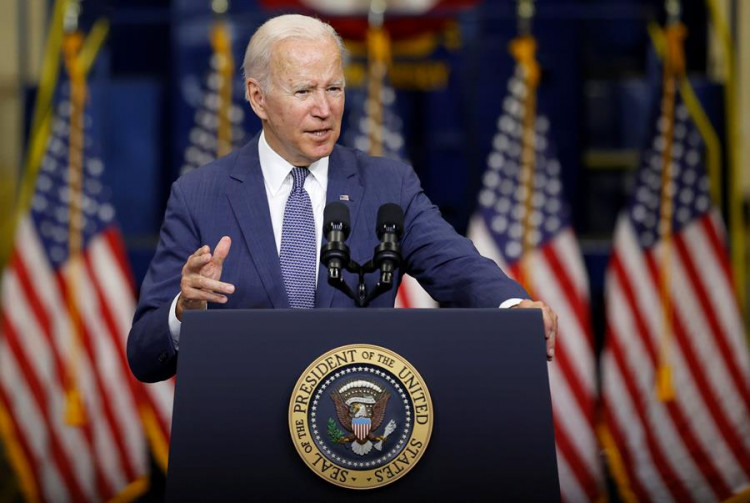In the wake of escalating tensions in the Middle East, President Joe Biden's foreign policy is under the microscope. Recent events in Israel have brought to light the intricate dynamics of U.S. relations with the region, especially as Biden navigates a delicate relationship with Israeli Prime Minister Benjamin Netanyahu.
The sudden outbreak of armed conflict in Israel has raised concerns about the efficacy of U.S. foreign policy. The attacks initiated by Hamas have not only exposed potential gaps in Israeli intelligence but have also prompted questions about the U.S.'s return on investment in terms of time and resources dedicated to building surveillance capabilities and partnerships in the Middle East. Bruce Riedel, a former CIA officer and Middle East specialist, expressed surprise at the unexpected nature of the attacks, suggesting a significant intelligence oversight by both Israeli and American agencies.
The Biden administration, which has been vocal about restoring competence in foreign policy, now faces criticism from opponents who argue that global hotspots are increasing under its watch. The ongoing conflict in Ukraine with Russia, potential tensions with China, and the recent developments in Israel have all contributed to this narrative.
Furthermore, Biden's approach to Iran is expected to be a focal point as the situation with Hamas evolves. Historically, Iran has supported Hamas, and recent decisions by the Biden administration, such as the release of $6 billion in Iranian oil revenues previously frozen through sanctions, have come under scrutiny. While there is no direct evidence linking these funds to the recent attacks, and the funds are earmarked for humanitarian purposes, the timing has provided fodder for critics.
Republican presidential candidates, including former President Donald Trump, were quick to point fingers at Biden. Trump's campaign highlighted the released Iranian funds, drawing a connection to the current conflict, even if indirectly. The Biden administration has refuted these claims, emphasizing the humanitarian nature of the funds' allocation.
In a bid to address the situation, President Biden engaged directly with Prime Minister Netanyahu. In a subsequent address from the White House, Biden reaffirmed America's unwavering support for Israel, cautioning Israel's adversaries against taking advantage of the situation. "The world is watching," he declared.
However, Biden's relationship with Netanyahu is complex, colored by past disagreements and differing viewpoints. Netanyahu's vocal opposition to the Iran nuclear deal and his close ties with Trump have been sources of tension. Yet, in the face of the current crisis, Biden has emphasized solidarity with Israel, underscoring the long-standing relationship between the two nations.
The Jordan News highlighted Biden's recent statements, where he asserted that the U.S. stands firmly with Israel. "This is not a moment for any party hostile to Israel to exploit these attacks," Biden stated, a remark seemingly directed at Iran and Hezbollah. He further emphasized Israel's right to self-defense and highlighted the U.S.'s historical support for the nation.
However, Biden's comments have not addressed the ongoing Israeli actions in Gaza or the provocations by Israeli settlers in the West Bank. These omissions have not gone unnoticed, adding another layer to the multifaceted situation.
As the situation continues to evolve, Biden's foreign policy will undoubtedly remain a topic of debate and scrutiny. The challenges posed by the current conflict in Israel, coupled with other global tensions, will test the administration's diplomatic acumen and its ability to navigate the complex geopolitical landscape.





